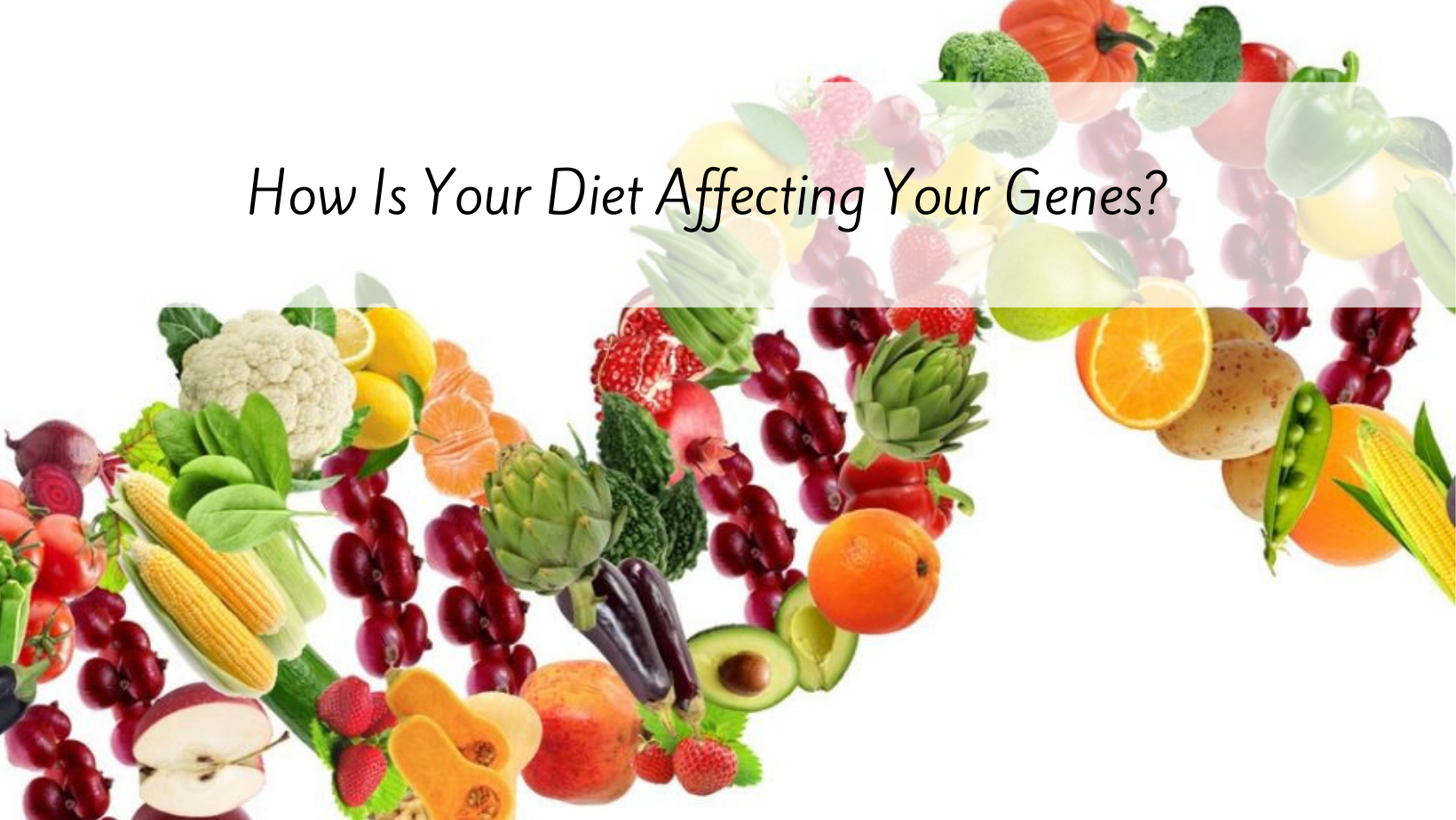How Is Your Diet Affecting Your Genes?
For most people, it's not difficult to see and feel the physical transformations that occur when we change our diet. Depending on what we are eating, we may notice we have lost weight, our skin may look softer, our hair may grow faster, and our energy may increase. These physical markers of health can let us know we are heading in the right direction nutritionally.
But what is happening inside of our body? What happens when we take a look beyond our outward physical appearance?
Let's go past the alimentary canal, deep into the tissues of our body, inside the cells that make up those tissues.
Are you with me?
Ok, now that we are in the cell, let's take a look into the nucleus of the cell. Specifically, let's examine the chromosomes. Even more specifically — let's look at the genes held within those chromosomes.
Genes are the individual instructions that direct our body and coordinate how we develop and function. We are now examining our body on a genetic level. You may wonder why I have taken you so deep into your physical being? It's on this level that the food we eat affects our bodies.
In a recent study published in PLoS One researchers examined the effect of nine different diets on the expression of genes involved in lipid metabolism, oxidative stress, and inflammation in the liver. The study involved nine groups of mice, each consuming a distinct diet varying in macronutrient composition. The aim of the study was to determine how diet affects gene expression to provide insight into the mechanism of steatosis (also known as Fatty Liver) (1).
Among the results of the study were exciting findings that held evidence for the potentiation and/or suppression of specific mRNA dependent on what diet the mice were consuming.
One such finding revealed that a diet high in fructose increased the production of fatty acids in the liver. High fructose consumption had an up-regulating effect on the mRNA for the rate-limiting step in fatty acid synthesis. The same was found to be true for a diet low in Omega-3 fatty acids.
Not surprisingly, the researchers also found a distinct difference in gene expression when comparing an atherogenic diet to a calorie-restricted diet (75% of the calories of the control diet). These results are examples of the many variations of gene expression found in this study.
In an effort to learn more about the mechanism of steatosis, I believe these researches have reminded us of an even bigger concept. We are what we eat. The evidence goes beyond our outward physical appearance and deep into our genome. This study serves as a stepping-stone into our understanding of the food-gene connection.
